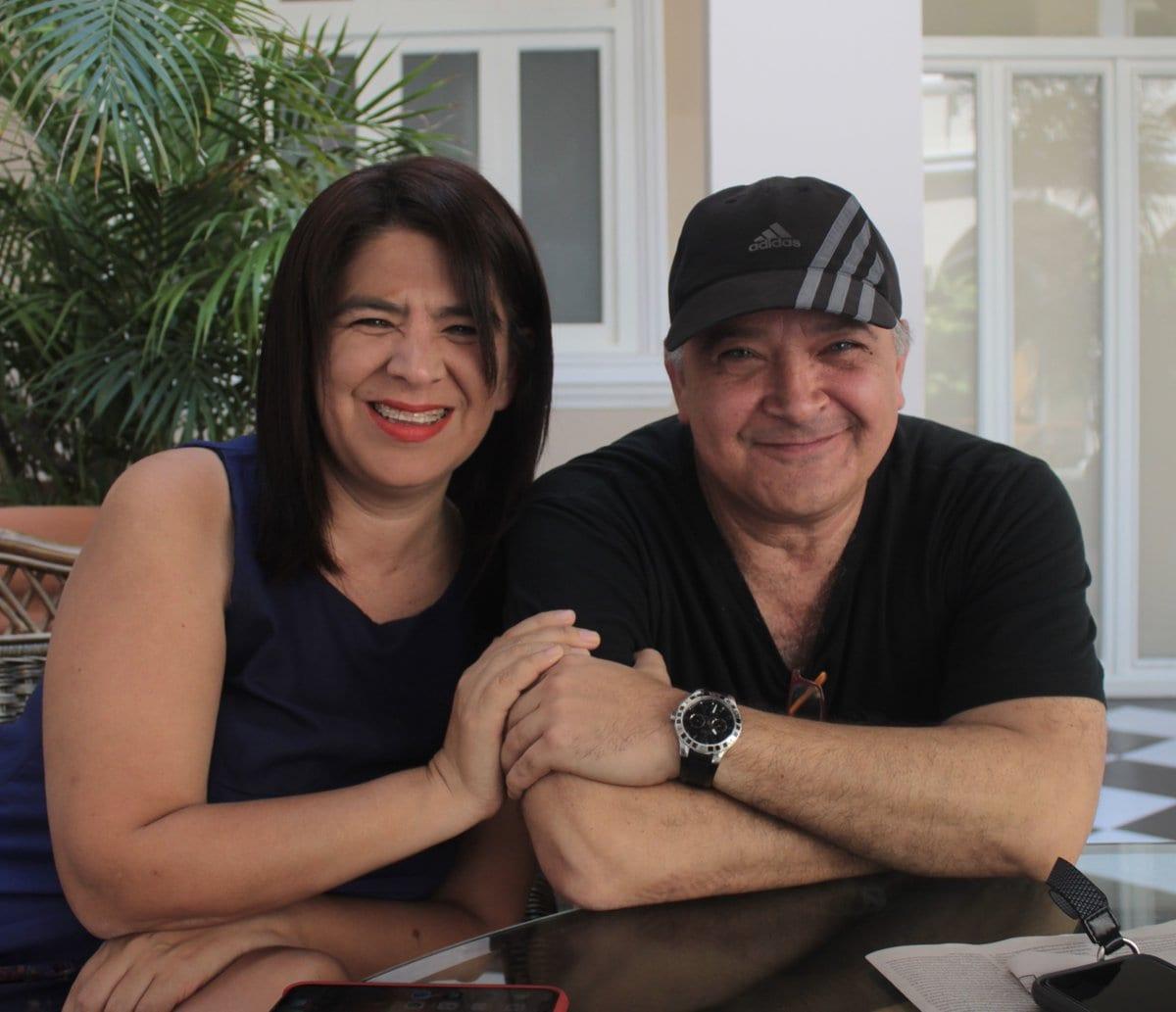ROME – Peruvian journalist Paola Ugaz, embroiled in a web of legal battles over the past 18 months linked to her reporting on a controversial Catholic lay movement, has been served yet another notice accusing her of criminal defamation against a man with ties to the organization.
Filed by Carlos Alberto Gómez de la Torre Pretell, who works with a real estate company attached to the controversial Catholic lay movement Sodalitium Christianae Vitae (SCV), the complaint is the fourth against Ugaz this year, each of them from parties associated with the SCV. Gómez is the same figure who charged Ugaz last May in a separate complaint for false testimony in a criminal procedure against a colleague of Ugaz.
(In the Peruvian system, it doesn’t require a District Attorney to file a criminal complaint for certain offenses, including defamation; one can be registered by a private citizen.)
The SCV is one of the best-known and most contested religious groups in Latin America. It was established in Peru in the 1970s by Peruvian layman Luis Fernando Figari who is accused of physical, psychological and sexual abuses and was prohibited by the Vatican in 2017 from having further contact with members of the group.
Ugaz first became a household name in Peru in 2015 when she co-authored the book Half Monks, Half Soldiers with colleague Pedro Salinas, detailing years of sexual, psychological and physical abuse inside the SCV. She has continued to investigate the group, and is now set to publish a new book detailing financial misdealing.
In his complaint, Gómez accused Ugaz of defamation for her role in a 2016 Al Jazeera documentary, “The Sodalitium Scandal,” which named him as an attorney for the San Juan Bautista Civil Association that built a large cemetery in Piura, Peru and later took possession of it.
The documentary charges that as part of his dealings with the association, Gómez paid large sums of money to a criminal organization, “the great cross of the north,” claiming he did so in a bid to protect the organization’s land. Gómez disputes those claims.
In his complaint, Gómez called Ugaz the “producer” of the documentary and asked that she receive the maximum penalty for aggravated defamation, which consists of a three-year prison sentence and a fine of 2 million soles, amounting to approximately $600,000. He also asked that she make a public statement through Facebook, Twitter and Youtube rectifying the allegedly false information and publicly apologizing for her role in the documentary.
However, Ugaz has insisted that not only was she not the producer of the documentary, but she only appeared in a small snippet of the film.
According to a Jan. 23 letter from Al Jazeera, which Crux has acquired, the company said Ugaz was asked by the director of the documentary, Seamus Mirodan, to provide information on the SCV and to be interviewed. The letter insists that Ugaz “did not form part of the production of the program” and “nor has she had any interference on the editorial aspects.”
The letter said the program was commissioned by Al-Jazeera, who maintains full reproduction rights. It was used as evidence in a previous case.
RELATED: Legal woes continue for Peruvian journalist reporting on lay movement
Speaking to Crux, Ugaz said she has “no doubt” that the newest complaint against her is related to her upcoming book on the SCV finances.
“Each of the charges against me have the same objective: to harass me, to intimidate me, to take up my time in responding to complaints and to stop concentrating on my current investigation,” she said.
The complaint by Gómez, she said, “has neither head nor feet” and is “identical” to other complaints she’s received, asking her to remove the documentary from the internet “as if I were the owner of the television network.”
Ugaz’s first legal woes began in 2018, when Archbishop Jose Antonio Eguren Anselmi of Piura, a member of the SCV, filed defamation complaints against both Salinas and Ugaz, charging Ugaz for a series of tweets about him ahead of a papal trip to Peru and for her role in the Al-Jazeera documentary, which named Eguren Anselmi as part of a land trafficking scandal.
Salinas was found guilty in April, but shortly after Eguren Anselmi retracted his complaints following backlash from civil society as well as the local hierarchy. Ugaz’s case, which had been transferred to Lima, was closed in August.
In May, Ugaz received a surprise letter from the Criminal Court of Piura notifying her that the Public Minister had launched an investigation against her for allegedly impeding the administration of justice by presenting false testimony during Salinas’s case.
Not taking things lying down, Ugaz’s lawyers urged an internal oversight office in Piura to launch a preliminary inquiry against provincial prosecutor Heldy Angélica Huaylinos Silva, who issued the order for Ugaz to be investigated, for abuse of office.
According to Ugaz, the investigation for false testimony reportedly has been completed, but “without a known ruling” and said she could be summoned to the Piura prosecutor’s office in March.
Follow Elise Harris on Twitter: @eharris_it
Crux is dedicated to smart, wired and independent reporting on the Vatican and worldwide Catholic Church. That kind of reporting doesn’t come cheap, and we need your support. You can help Crux by giving a small amount monthly, or with a onetime gift. Please remember, Crux is a for-profit organization, so contributions are not tax-deductible.












